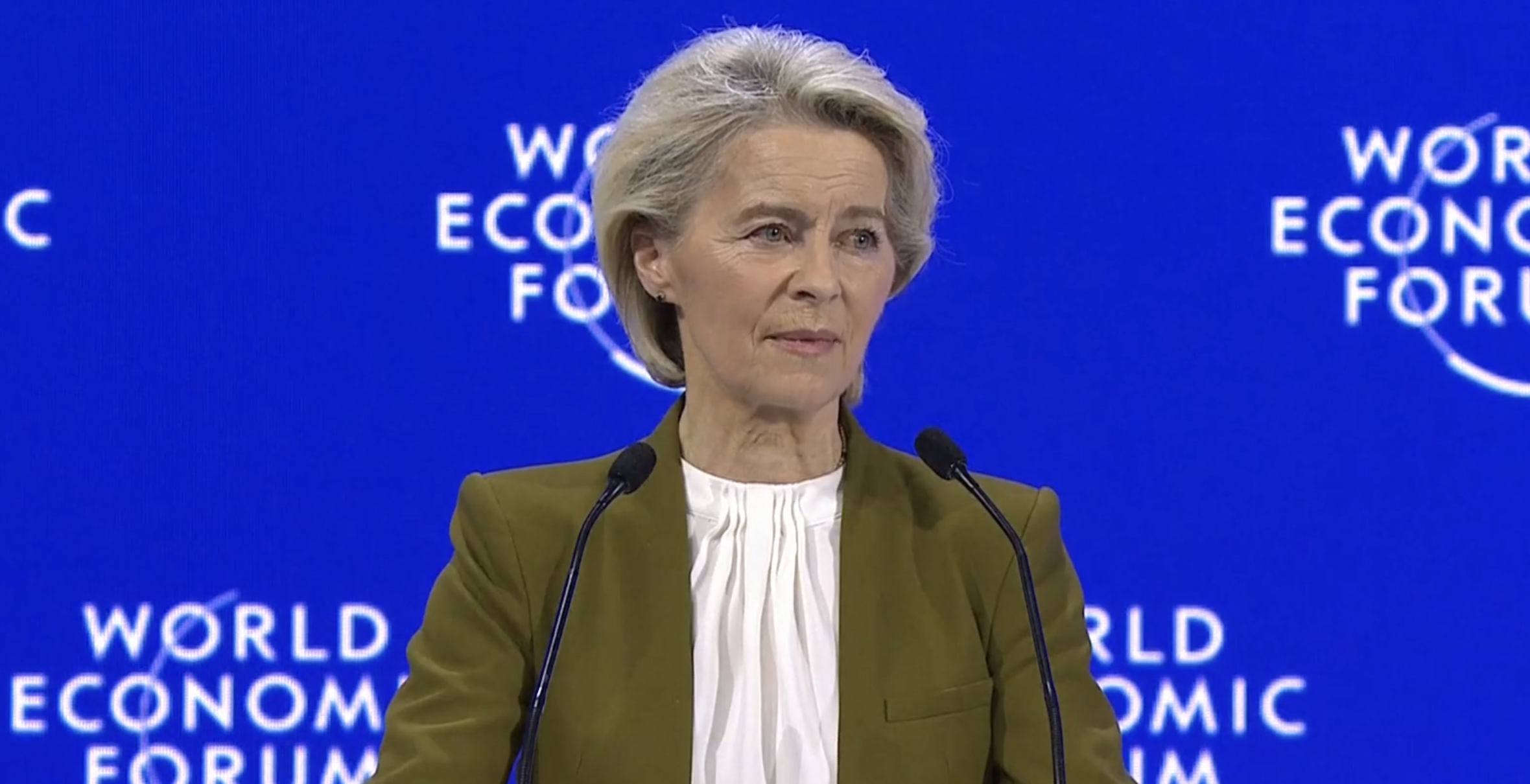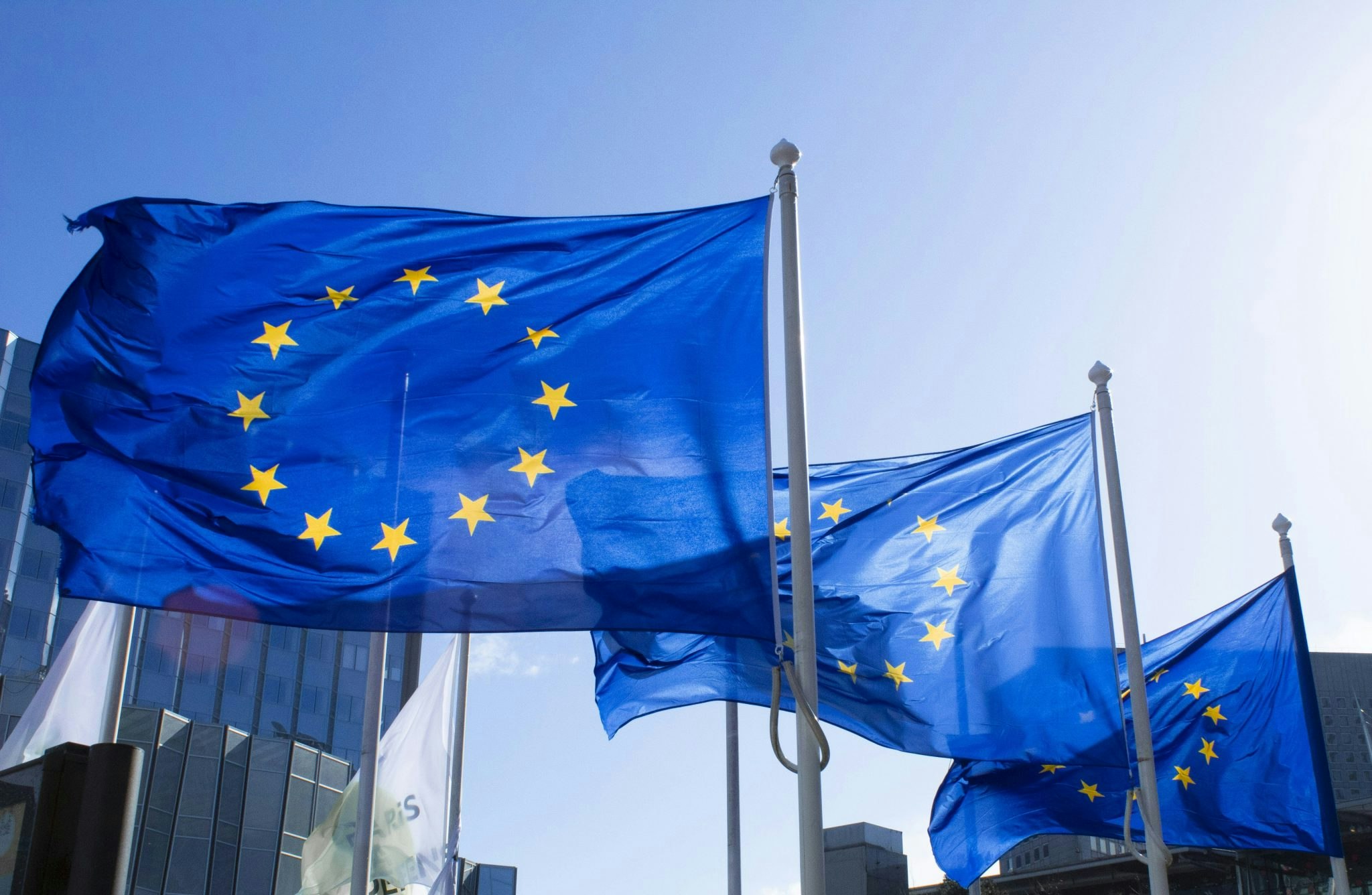France’s startup association has filed a privacy complaint against Apple alleging that the latest version of iOS is collecting users’ data without their permission.
France Digitale, which represents the nation’s entrepreneurs and VCs, on Tuesday asked the country’s privacy watchdog, the Commission Nationale de L'informatique et des Libertés (CNIL) to investigate iOS 14 for privacy violations.
According to the complaint, Apple may be violating Europe’s GDPR rules because it is collecting user data for ad tracking services without explicitly asking permission.
The allegations would seem to contradict not just Apple’s image as a privacy-friendly company, but also the widespread praise iOS 14 has received for a new feature that will limit ad-tracking for apps. The move also represents an escalation of tensions between Apple and France Digitale, which has gone public with its criticism of the iPhone-maker in recent weeks for what it has described as abusive App Store practices that are harming startups.
“We are using all legal tools that are in our hands in order to make them sit at the table and realize that they need to reset their relationship with startups,” France Digitale CEO Nicolas Brien told Sifted. “The very first legal tool is this complaint with the privacy watchdog, but there will be others.”
Responding to news of the complaint, a spokesperson for Apple said: "The allegations in the complaint are patently false and will be seen for what they are, a poor attempt by those who track users to distract from their own actions and mislead regulators and policymakers."
"Transparency and control for the user are fundamental pillars of our privacy philosophy, which is why we’ve made App Tracking Transparency equally applicable to all developers including Apple. Privacy is built into the ads we sell on our platform with no tracking. We hold ourselves to a higher standard by allowing users to opt out of Apple's limited first-party data use for personalized advertising, a feature that makes us unique.”
As with many other US tech giants, Apple has been facing a growing chorus of criticism for how the company wields its power. In the US, for instance, at least 2 state legislatures have proposed rules that would regulate App Store rules. Video game leader Epic Games has filed an anti-trust complaint against Apple with the EU.
More recently, the U.K.'s Competition and Markets Authority launched an investigation into Apple's App Store. That follows a decision last summer by European regulators to open an anti-trust investigation. Recent reports indicate that Apple may be facing anti-trust charges in the coming weeks.
Meanwhile, the European Parliament is considering the Digital Markets Act (DMA), a law that would reforms rules around all app stores.
Apple has argued in the past that the App Store has generated billions of dollars for developers while ensuring a secure and high-quality experience for consumers. It’s dismissed many of the complaints as griping by large companies who simply don’t want to play by the same rules anymore.
Last month, France Digitale took up the fight when it joined the Coalition for App Fairness to take "a stand against Apple’s anticompetitive behavior." Founded by companies such as Epic and Spotify, the association is fighting the 30% fee Apple charges, among other things.
For Brien, the fundamental issue is that the App Store rules are hurting innovation and making it difficult for startups to compete. While Apple is reducing fees to 15% for smaller app makers, he argues the company’s profit margins on apps are still too high, and the application of its rule are too capricious.
In that respect, Brien sees a similar theme in the complaint it just filed: Startups face an unfair playing field against Apple. He argues that while French startups are rigorously scrutinized for their data practices by CNIL, the GDPR rules are not being applied equally to Apple.
Apple released iOS 14 last fall, the latest annual update of the operating system for its iPhone and iPad devices. According to France Digitale’s complaint, the problem comes when users install the new version. The default setting allows Apple to collect the user’s personal data for its ad-targeting service. GDPR rules generally require users to opt-in to such data collection.
The complaint also says that Apple does not provide enough transparency about the types of information being collected, how that information is being transmitted, and which partners may have access to it.
If France Digitale’s complaint succeeds, it would not be without some irony. The latest version of iOS has been hailed by privacy advocates for its new features that sharply curtail the ability of apps to collect personal data for ad-tracking purposes. Indeed, the restrictions are so severe that it has prompted a headline-grabbing clash between Apple and Facebook.
France Digitale did not ask for specific penalties. However, CNIL has the authority to demand changes to practices and to levy fines. Last last year, CNIL fined Google €100 million after ruling that it had placed advertising cookies on computers without users’ consent.
Brien knows such figures are pocket change for companies like Apple and Google. But he also notes that under GDPR, this particular complaint could be taken up by other data authorities across Europe.
In general, Brien is hoping Apple will change its tune and start a conversation with European startups with an eye towards addressing their concerns and creating a more equitable system.
“Our startups systematically ask for the consent of the user,” Brien said. “But it seems like the largest company in the world just doesn't care about our regulations on the continent.”
This story has been updated with a statement from Apple.



